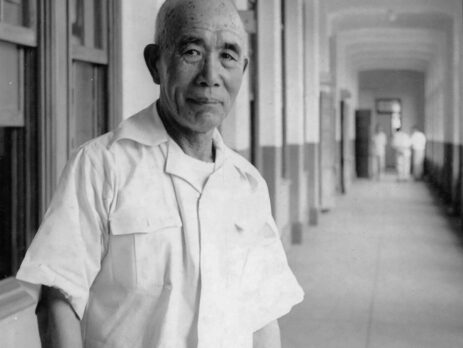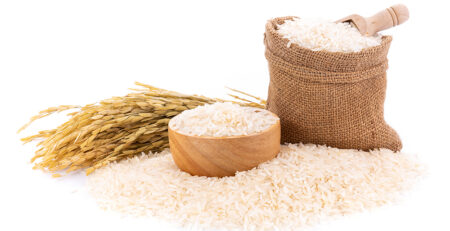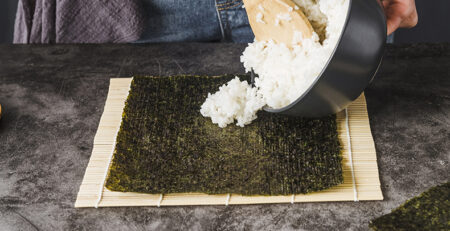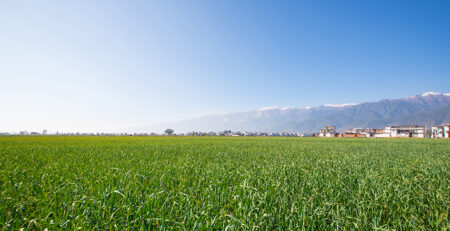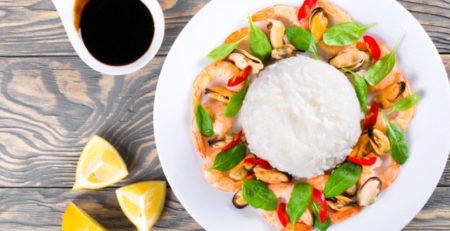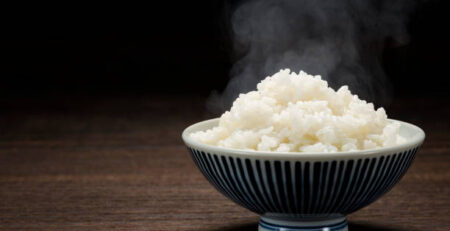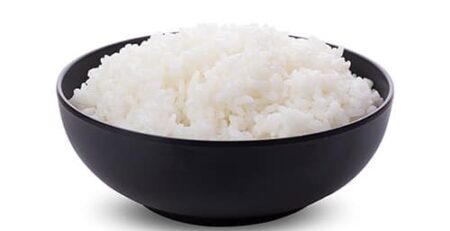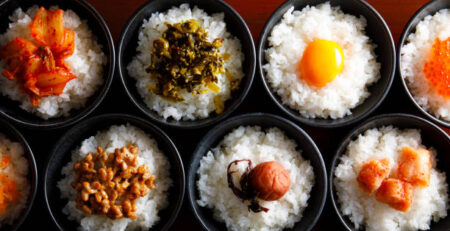Father of Peng Lai Rice – Iso Eikichi
Rice in Taiwan is primarily divided into two main varieties: indica rice and japonica rice. Centuries ago, Taiwan predominantly cultivated indica rice, which had a diverse range of varieties characterized by slender grains and a drier, firmer texture. Today, Taiwan’s paddy fields mainly grow japonica rice, characterized by round, short grains with a soft and chewy texture. Japonica rice, particularly the variety known as Peng Lai rice, has become a crucial staple in the Taiwanese diet, and credit for this transformation goes to the “Father of Peng Lai Rice,” Iso Eikichi.
In 1918, after the end of World War I, Japan faced soaring rice prices. To meet Japan’s demand, the Taiwan Governor-General’s Office decided to promote the cultivation of japonica rice in Taiwan. However, japonica rice typically thrives in cooler temperate regions, and the initial attempts to grow it in Taiwan’s tropical and subtropical climate faced continuous failures. In response, the Governor-General’s Office appointed Iso Eikichi to lead a breeding research team. After persistent research and testing, they successfully developed a japonica rice variety suitable for Taiwan.
In 1926, in order to give Taiwan’s japonica rice a distinctive identity, the then governor specially named this rice variety “Peng Lai rice.” The indica rice varieties previously grown in Taiwan were referred to as “native rice.” Since then, Peng Lai rice has officially taken center stage in Taiwan’s rice consumption, becoming a staple in the Taiwanese diet that continues to this day.
Photo source: Freepik. Wikipedia

